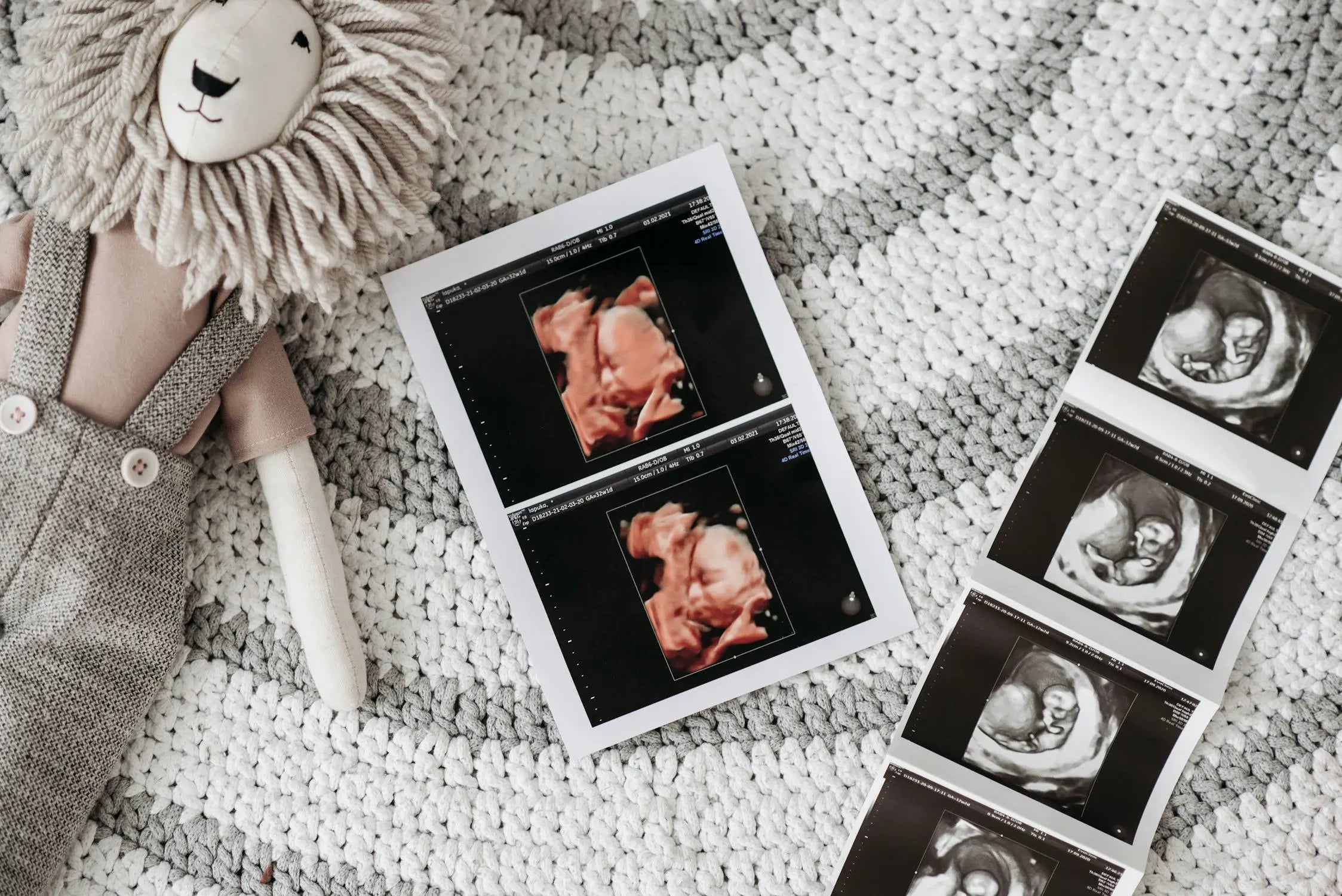Home
Pregnancy, Breastfeeding, and Pumping: The Ultimate Guide for Moms
Can I Take a Pregnancy Test Right After Sex? What You Need to Know

Can I Take a Pregnancy Test Right After Sex? What You Need to Know
If you've recently had unprotected sex and are wondering whether you can take a pregnancy test right after, you're not alone. Many people find themselves in this situation, eager to know if they might be pregnant. However, understanding how pregnancy tests work and when to take them is crucial for accurate results. Let's dive into the details to help you make informed decisions.
How Pregnancy Tests Work
Pregnancy tests detect the presence of a hormone called human chorionic gonadotropin (hCG) in your urine or blood. This hormone is produced by the placenta shortly after a fertilized egg attaches to the uterine lining. The levels of hCG increase rapidly in the early stages of pregnancy, doubling approximately every 48 to 72 hours.
Why You Can't Test Immediately After Sex
Taking a pregnancy test right after sex is unlikely to yield accurate results. This is because the process of fertilization, implantation, and hCG production takes time. After sex, sperm can live inside the female body for up to five days, waiting for an egg to fertilize. Once fertilization occurs, it takes about 6 to 12 days for the fertilized egg to travel to the uterus and implant itself. Only after implantation does the body start producing hCG.
When to Take a Pregnancy Test
For the most accurate results, it's best to wait until after you've missed your period. Most pregnancy tests on the market are designed to detect hCG levels at least 10 to 14 days after conception. Testing too early can result in a false negative, even if you are pregnant. If you have irregular periods or are unsure when your next period is due, wait at least 21 days after unprotected sex before taking a test.
Factors That Affect Test Accuracy
Several factors can influence the accuracy of a pregnancy test. These include the sensitivity of the test, the time of day you take it, and how well you follow the instructions. Some tests are more sensitive and can detect lower levels of hCG, making them effective earlier in pregnancy. Additionally, taking the test first thing in the morning, when your urine is most concentrated, can improve accuracy.
What to Do If You're Unsure
If you're unsure about the results of a home pregnancy test or if you experience symptoms like nausea, fatigue, or breast tenderness, consider consulting a healthcare provider. They can perform a blood test, which is more sensitive and can detect pregnancy earlier than a urine test. Additionally, they can provide guidance on next steps and prenatal care if you are pregnant.
Waiting to take a pregnancy test can feel like an eternity, but understanding the science behind it can help ease your mind. Remember, taking a test right after sex won't give you the answers you're looking for. Patience is key, and when the time is right, you'll have a clearer picture of your situation. If you're concerned about pregnancy, consider discussing contraception options with a healthcare provider to prevent future uncertainties.
Share

